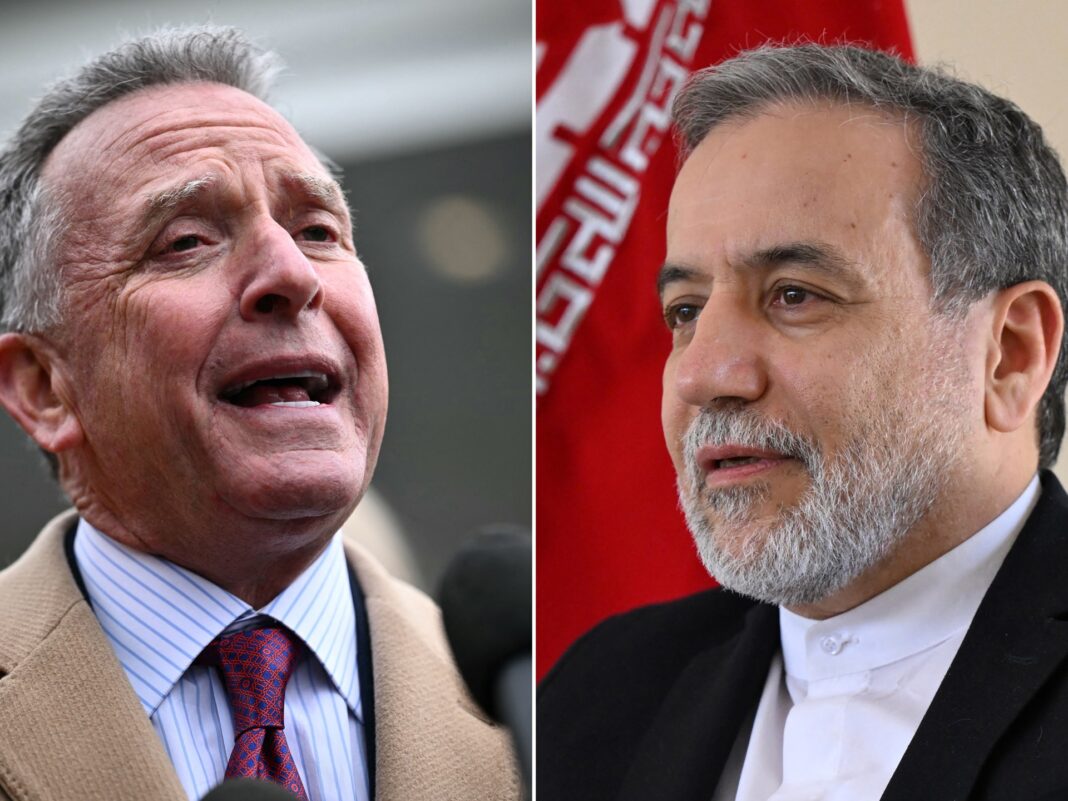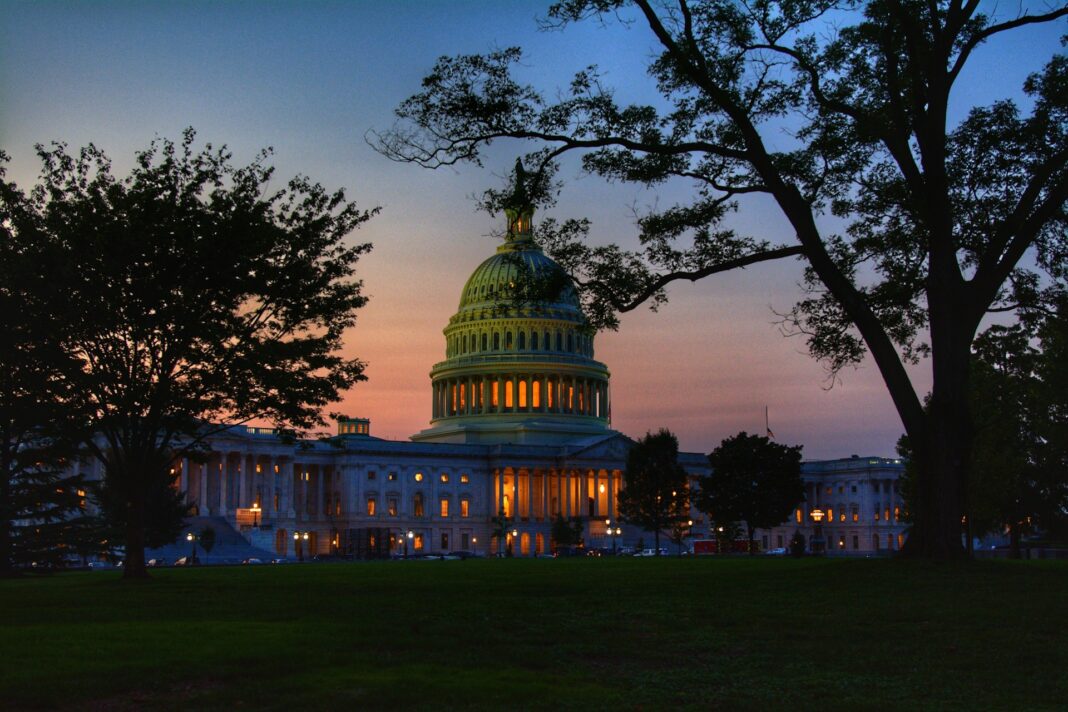Washington and Tehran have taken a tough public stance before talks, with enrichment a key point of contention.
Iran and the United States are set to hold a fifth round of talks on Tehran’s nuclear programme amid uncompromising rhetoric on both sides.
Iran’s Foreign Minister Abbas Araghchi and US President Donald Trump’s Middle East envoy Steve Witkoff are due to meet in Rome on Friday.
The ongoing talks, mediated by Oman, seek a new deal in which Iran would be prevented from producing nuclear weapons while having international sanctions eased. However, little progress has been made so far, and both Washington and Tehran have taken a tough stance in public in recent days, particularly regarding Iran’s enrichment of uranium.
Witkoff has said Iran cannot be allowed to carry out any enrichment.
Tehran, which has raised its enrichment to about 60 percent, well above civilian needs but below the 90 percent needed for weaponisation, has rejected that “red line”.
Supreme Leader Ayatollah Ali Khamenei called the demand “excessive and outrageous,” warning that the ongoing talks are unlikely to yield results.
US Secretary of State Marco Rubio said on Tuesday that Washington is working to reach an agreement that would allow Iran to have a civil nuclear energy program but not enrich uranium, while admitting that achieving such a deal “will not be easy”.
On Thursday, the State Department announced new sanctions on Iran’s construction sector.
“Figuring out the path to a deal is not rocket science,” Araghchi said on social media on Friday morning. “Zero nuclear weapons = we DO have a deal. Zero enrichment = we do NOT have a deal. Time to decide…”
A spokesman for the Ministry of Foreign Affairs in Tehran took aim at the new sanctions, calling the move “vicious, illegal, and inhumane”.
High stakes
The stakes are high for both sides. Trump wants to curtail Tehran’s potential to produce a nuclear weapon that could trigger a regional nuclear arms race.
Iran insists its nuclear ambitions are strictly civilian, but seeks to ease international sanctions that hamper its economy.
During his first term, in 2018, Trump nixed the Joint Comprehensive Plan of Action (JCPOA), a 2015 agreement that saw Iran scale back its nuclear programme in exchange for eased sanctions.
After his return to the White House for a second term in January, Trump renewed his “maximum pressure” programme against Iran, piling further economic pressure, for example, by choking the country’s oil exports, particularly to China.
Iran responded defiantly, promising to defend itself against any attack and escalating enrichment far beyond the 2015 pact’s limits.
Tensions began to ease in April as the two countries launched the talks mediated by Oman, but Tehran’s enrichment programme has become a major point of contention.
Should that see the talks fail, the cost could be high. Trump has repeatedly threatened military action if no deal is reached.
Israel, which opposes the US talks with its regional foe, has warned that it would never allow Iran to obtain nuclear weapons. Following reports that Israel may be planning to strike Iran’s nuclear facilities, Araghchi warned on Thursday that Washington will bear legal responsibility if Iran is attacked.


